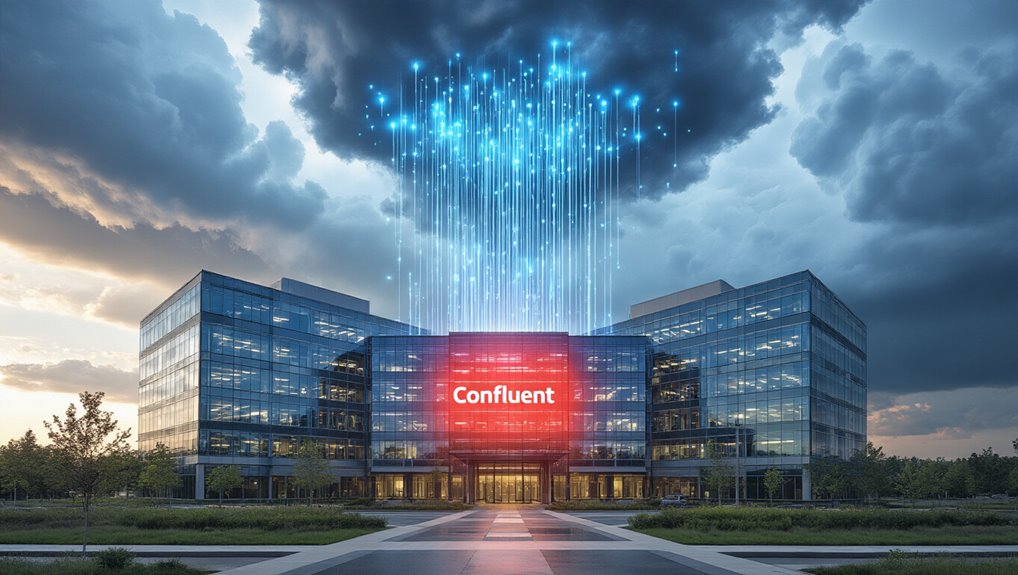As artificial intelligence reshapes the business landscape, consulting firms find themselves at a vital crossroads of transformation. Traditional consulting models are experiencing unprecedented disruption as AI systems like McKinsey’s Lilli, BCG’s Deckster, and Bain’s Sage automate tasks once performed by junior consultants. These proprietary technologies reduce research and synthesis time by approximately 30%, fundamentally altering workflow dynamics throughout the industry.
The classic pyramid structure of consulting firms is rapidly evolving into an “obelisk” model. AI now handles data gathering, analysis, and presentation creation—core responsibilities previously assigned to lower and mid-tier consultants. This structural shift forces firms to redesign their training programs, compensation models, and value propositions around strategic thinking rather than billable hours.
Revenue models face similar upheaval. The efficiency gains from AI directly challenge time-based billing practices, pushing firms toward project and outcome-based fee structures. You’ll notice this transformation accelerating through 2025, with 75% of consulting organizations expected to integrate AI into their core operations. Firms that resist this trend risk competitive disadvantage, particularly in specialized areas like IT sourcing and risk management.
Sector-specific applications reveal AI’s transformative potential. Financial services firms utilize AI to refine risk models, while healthcare organizations leverage these technologies to address labor shortages and optimize revenue cycles. Regulatory environments increasingly accommodate AI innovation through self-governance frameworks, though responsible implementation remains essential in data-sensitive industries.
The workforce impact creates a complex picture. While 80% of organizations report no immediate EBIT gains from AI implementation, many are actively reskilling employees. Major consulting firms like McKinsey have already implemented significant workforce reductions in response to changing market conditions. Some functions anticipate workforce reductions, while others project growth through augmentation roles. Many consulting firms now offer 24/7 support through strategic deployment of offshore teams across different time zones, enhancing their value proposition to global clients. This mixed outlook reflects AI’s dual nature as both disruptor and enabler.
Consulting’s future isn’t obsolescence but reinvention. The firms that thrive will embrace AI as a collaborative force, emphasizing uniquely human capabilities while leveraging technological efficiency to deliver unprecedented client value. Industry leaders like David Duncan and Tyler Anderson emphasize that successful consulting firms must focus on continuous adaptation to emerging AI technologies to maintain their competitive edge in the market.









